Beyond Retirement: The Dynamics of Canadian Senior Housing Markets
In recent years, a noticeable trend has emerged in the Canadian real estate landscape – seniors are choosing to sell their homes later in life. This shift has significant implications for the housing market, affecting supply, affordability, and the overall dynamics of the real estate sector.
The Canada Mortgage and Housing Corporation (CMHC) recently released its Housing Market Insight Report, shedding light on the evolving behavior of Canadian seniors. The report reveals that more seniors are opting to age in their homes well into their 80s and 90s. This decision is attributed to longer, healthier lives and the ability of seniors to manage the maintenance of their homes effectively.
Regional Variances in Senior Housing Choices
The CMHC study focused on elderly Canadian households in major cities, highlighting regional variations in housing choices. For instance, Toronto and Vancouver seniors lean towards transitioning to condominiums as they age, while Montreal seniors prefer moving to rental housing.
"In Canada, the financial wealth of elderly households may also vary from one urban centre to another," notes the CMHC. "Affluent households may therefore be able to remain homeowners and purchase a home that meets their needs, rather than rent one."
The Sell Rate Trend
Canadian household census data indicates a notable sell rate trend among seniors, with a higher prevalence of significantly older seniors selling or relinquishing their homes compared to their younger counterparts.
The sell rate, as defined by CMHC, represents the proportion of homeowners within a specific demographic who have sold their properties compared to the total number of homeowners in that demographic. To illustrate, from 2016 to 2021, 100,500 homeowners aged 75 to 79 sold their properties among a total of 466,775 owner households. This transactional activity led to a sell rate of 21.5%.
The sell rate for households aged 75 and above has been gradually decreasing since the early 1990s. The data points to a remarkable pattern – most Canadians wait until their nineties to give up their homes. As cohorts approaching or in their 90s continue to sell their homes, this could potentially open up additional housing supply in the coming years.
Implications for Housing Availability
While the CMHC acknowledges that it will take some years for older seniors to list their homes on the market, the potential impact is noteworthy. The increase in housing supply could, over time, narrow the affordability gap in Canada.
The report suggests that the number of units sold by elderly households might increase more rapidly as the population ages, particularly when the number of households over age 85 grows larger. This aligns with projections from Statistics Canada, indicating a rapid rise in the 85-and-over age group from 2030 to around 2040.
The Waiting Game
The big question remains: how will senior household sales unfold in the near future? "The big question is whether, in the coming decades, elderly households will follow in the footsteps of previous generations or go their own way," states the CMHC. "For example, will aging in place become more popular with seniors? Will the recent rise in rental housing starts in various CMAs across the country encourage more senior households to opt for renting?"
Until these questions are answered, the restoration of housing affordability in Canada is likely to depend on the trajectory of senior household sales in the years to come.
As Canadian seniors redefine traditional patterns of home selling and ownership, the real estate landscape is poised for change. The coming decades will reveal whether aging in place or alternative housing choices become the norm for the elderly population. Until then, the housing market awaits the unfolding of senior household sales, a critical factor in determining the future of housing affordability in Canada.
Your market
Curious where our market falls on this split and what it means for you?
Get in touch, and we’ll tell you everything you need to know.




